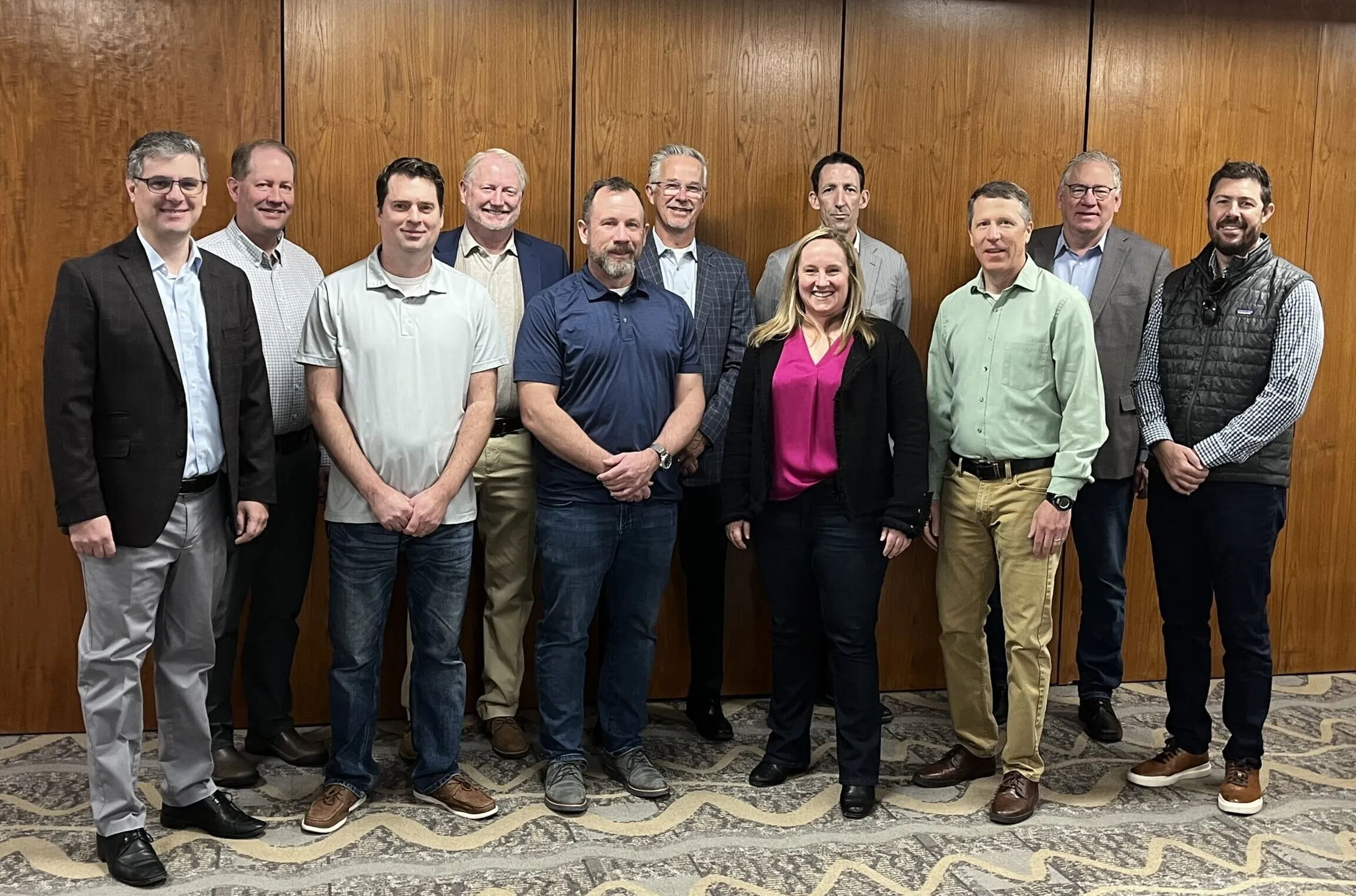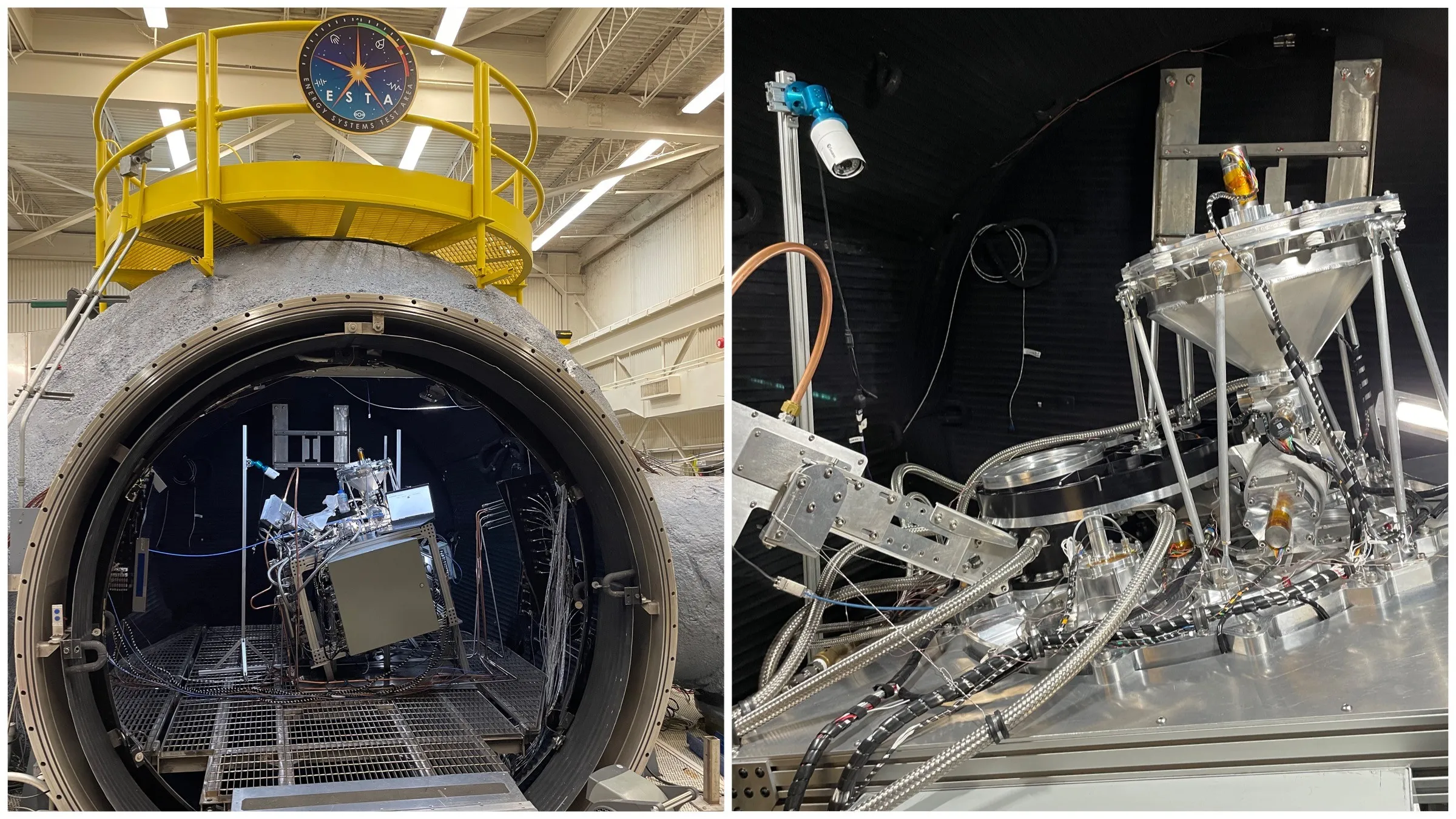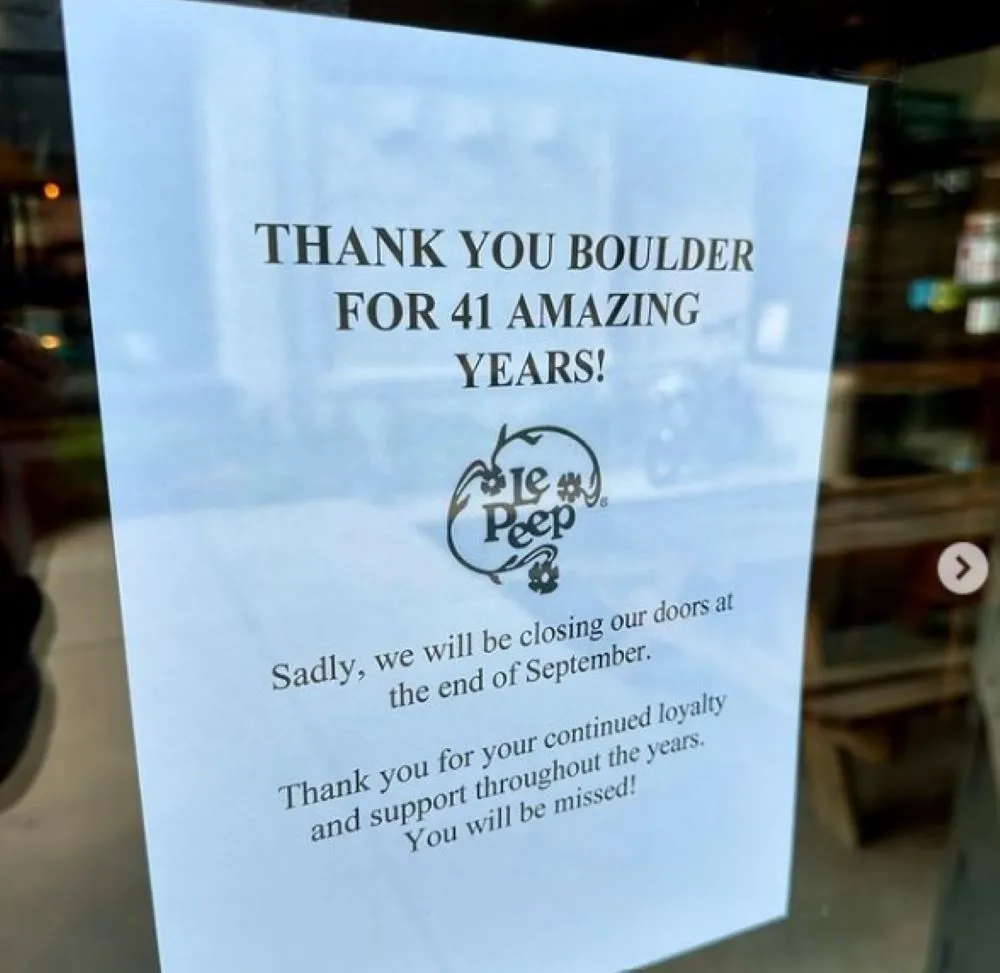Innovative companies credit collaboration with success

LOVELAND — Companies represented at today’s BizWest CEO Roundtable on Cutting-Edge Tech are not only riding the wave of innovation in Northern Colorado, but they’re helping to create it.
THIS ARTICLE IS FOR SUBSCRIBERS ONLY
Continue reading for less than $3 per week!
Get a month of award-winning local business news, trends and insights
Access award-winning content today!
Already have a paid subscription?





